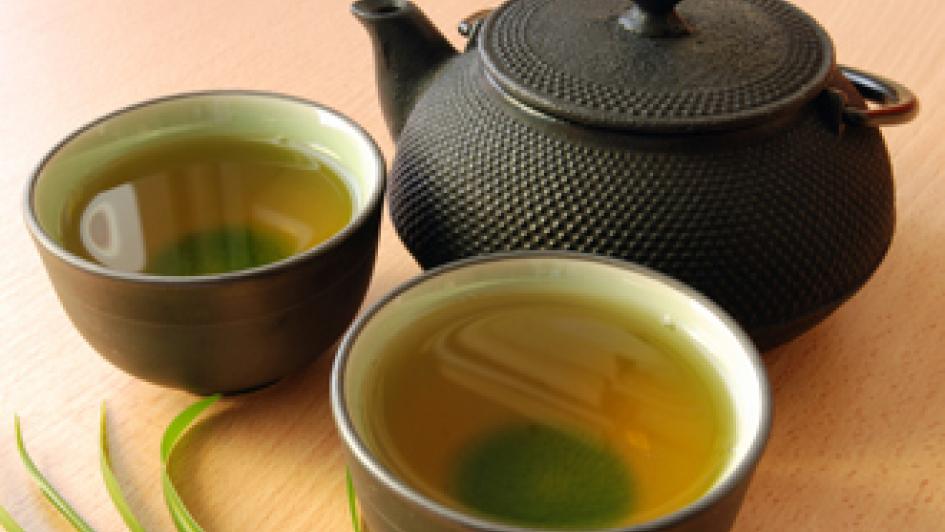The Benefits of Green Tea

Published
Green tea is one of the ancient superfoods gaining new attention recently for its many health-promoting effects. Polyphenols — the class of natural compounds found in green tea as well as in dark berries, vegetables, chocolate and red wine — have powerful effects from cancer prevention to cholesterol balancing.
- Drinking green tea daily may be preventive in several gastrointestinal cancers (colon, rectal, pancreatic) while improving outcomes in breast and prostate cancer.
- Studies demonstrate that people who drink green tea regularly have lower bad cholesterol and higher good cholesterol. It is believed that the antioxidant effects may help keep cholesterol from forming plaques in the arteries.
- The magic combination of caffeine and theanine found in green tea gives you energy while balancing the nervous system to avoid the jitters that can come with coffee. It is also known to increase body temperature by burning fat, a characteristic that has led to some of the green tea diet fads.
The amount of tea people drink in much of the research studies is high – five cups daily according to most of them. A naturopath can provide guidance on additional ways to get a therapeutic dose including green tea extracts standardized for their polyphenol content.
If you’re concerned the caffeine will keep you up at night, here are some strategies:
- Drink your tea in the morning and finish by 2 p.m. to prevent trouble sleeping.
- Remember that green tea has 10 mg to 50 mg of caffeine per cup, which is only 15 percent to 30 percent of what you’ll find in a cup of coffee.
- For a less-caffeinated version, try steeping the green tea for 30 seconds, throw out the water, then use the wet teabag or leaves to make your tea.
– Ryan Robbins, ND, naturopathic physician and resident at Bastyr Center for Natural Health, the teaching clinic of Bastyr University.

